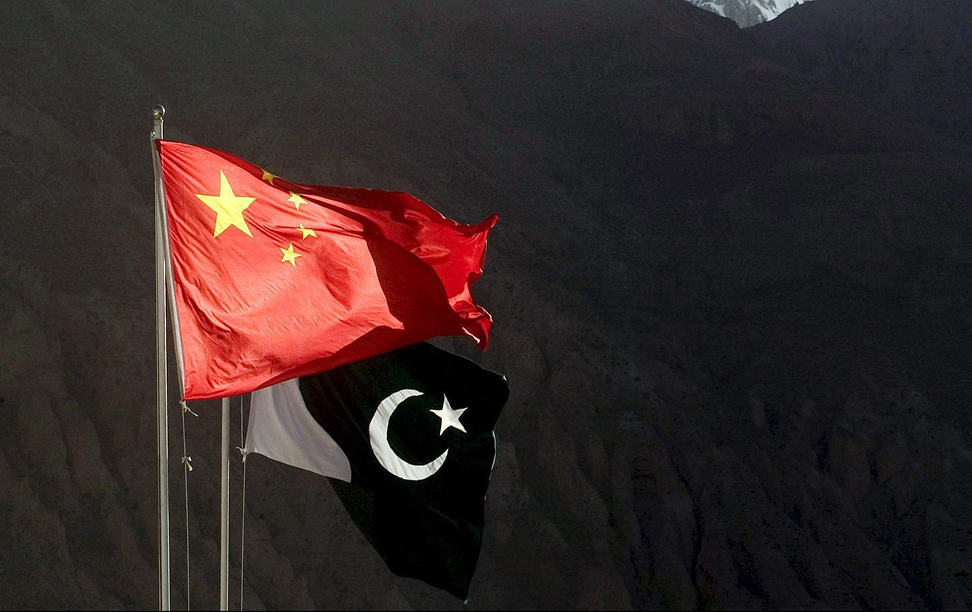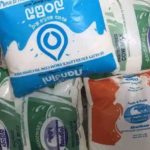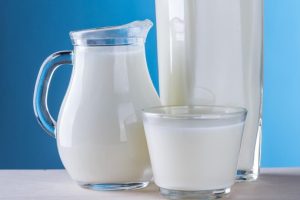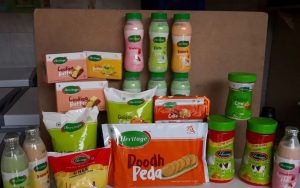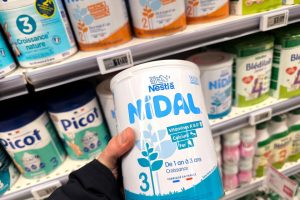
The Pakistani dairy products that meet the inspection and quarantine requirements are now permitted to be imported to China as of November 06, as per a bulletin issued by the General Administration of Customs of China (GACC).
As agriculture and poverty alleviation remain among the targeted sectors during phase II of the China-Pakistan Economic Corridor, the access of dairy and meat products to China represents a significant stride towards promoting economic development and creating more job opportunities in Pakistan, APP reported.
China and Pakistan have been collaborating in developing the dairy industry for many years, specifically in the production of high milk-yielding cows.
In 2022, the Royal Group of China established a laboratory in Lahore to develop buffalo embryos of elite animals.
Besides the Buffalo Embryos Laboratory Project, Royal Group also plans for deep processing of buffalo milk (milk powder, cheese, fresh milk, etc.).
It will not only increase the added value of milk products in Pakistan but also create thousands of jobs for the locals, according to sources with the company.
According to GACC’s announcement, The package of milk products allowed to be exported to China refers to food items that come from Pakistan and are made from cow’s or camel’s milk.
These products include milk powder, whey powder, whey protein powder, colostrum powder, sterilized milk, fermented milk, cheese and processed cheese, thin cream, butter, and anhydrous cream, among others.
Pakistan and China issued a joint press statement on October 20. The two sides noted the signing of protocols for the export of heated beef and dried chili from Pakistan to China.
They also discussed the approval of quarantine access for Pakistani fresh cherries to the Chinese market. Additionally, they reached an agreement on the export of Pakistani dairy products and animal hides to China this year.
According to the Islamabad Chamber of Commerce & Industry, Pakistan’s dairy sector plays a crucial role in the national economy.
Pakistan is the fifth largest milk producer in the world, producing over 65 million tonnes of milk every year.
However, due to a lack of modern technology and best practices, over 95% of milk remains unprocessed.
As a result, the country is losing a significant economic value from this product.
With this new development, Pakistan will be able to expand its exports to China and witness a boost in its economy due to this new market.
For China, this move will help meet the country’s increasing demand for high-quality dairy products and offer a wider range of options for its consumers.
